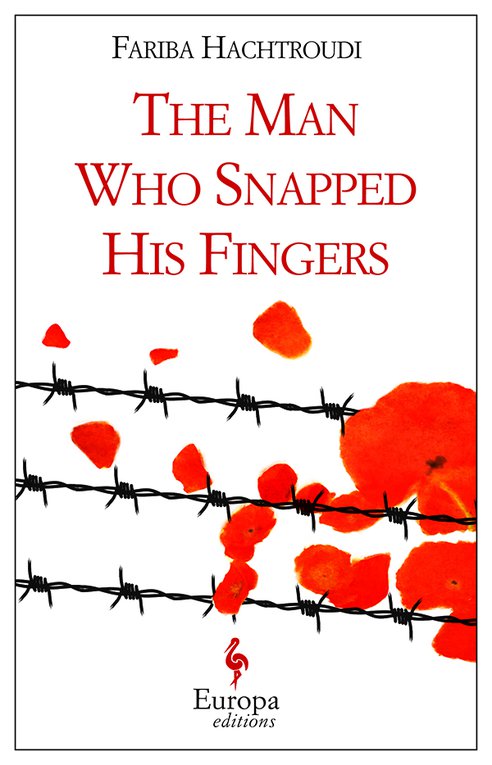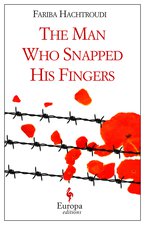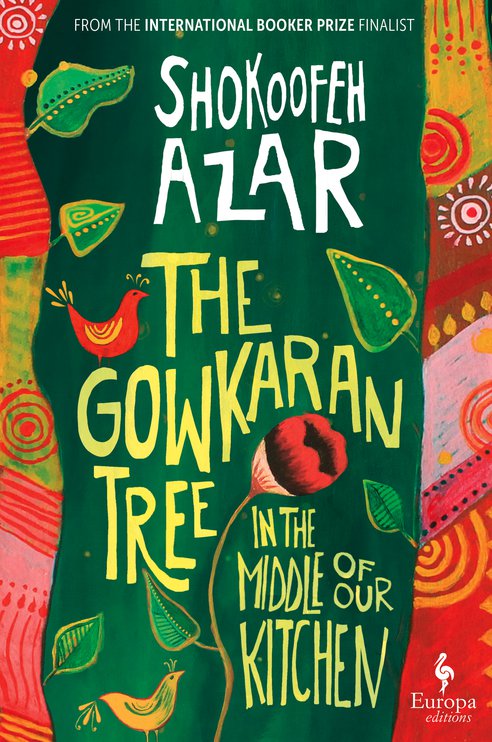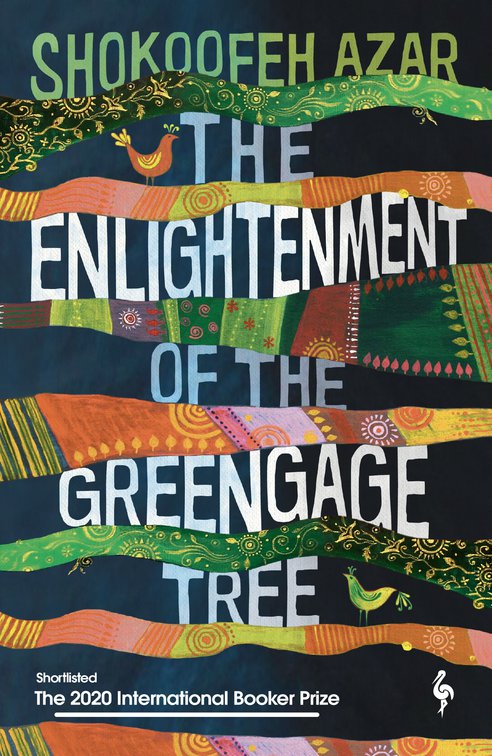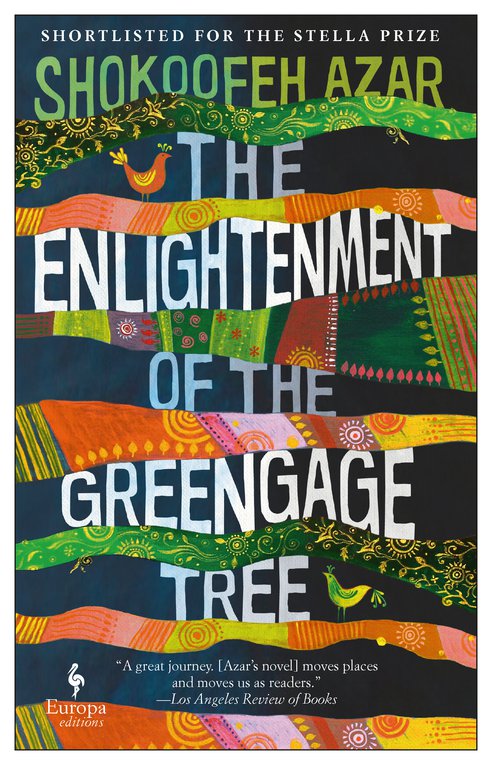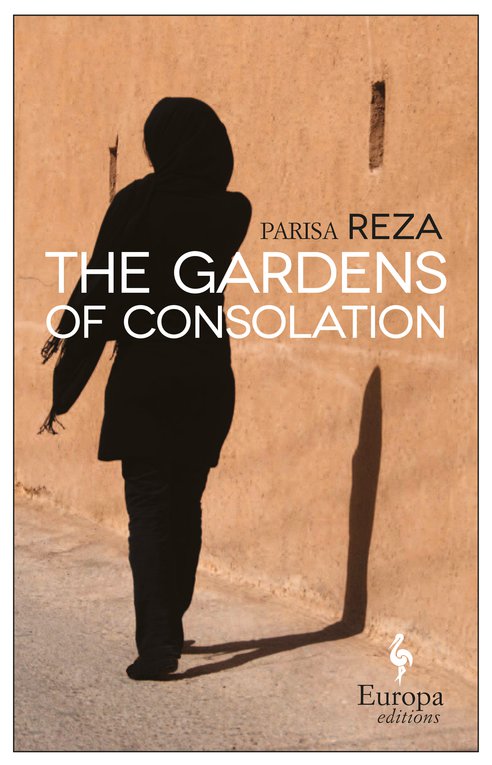Fariba Hachtroudi decided to leave her home country following the Iranian Revolution in 1979. After relocating to Sri Lanka in 1981, she taught at the University of Colombo for two years and studied Teravada Buddhism. Hachtroudi then pursued journalism and eventually went on to write a full-length non-fiction account about her revisit to Iran after 30 years in exile called The Twelfth Imam’s a Woman? In addition to writing, Hachtroudi also leads a foundation that advocates for women’s rights, education, and secularism.
Iran
Fariba Hachtroudi
Upcoming events
London
May 9, 06:45pm
May 9, 06:45pm
Translated by Alison Anderson, The Man Who Snapped His Fingers by Fariba Hachtroudi is a novel of ideas that explores the crushing effects of totalitarianism and the infinite power of love.
Latest reviews
- This prizewinning Iranian-French author tells a gritty and arresting tale of a woman held in a military prison in an unnamed theological republic who is brutally tortured but refuses to give up the man she loves. She is spared a dehumanizing end only when a high-ranking colonel...— Star Tribune, Aug 30 2016
- The Man Who Snapped His Fingers tells the story of a colonel from the inner circle of the Iranian supreme commander who now lives in another country and an interpreter at its Office for Refugees and Stateless Persons who interprets for him. This is how the two meet at the beginning...— World Literature Today, May 9 2016
- Two exiled citizens of the totalitarian “Theological Republic” meet somewhere in northern Europe—one a former colonel to the “Supreme Commander,” the other a former prisoner known for having refused to name names. Now the shoe is on the other foot, and it’s the ex-prisoner...— Motto Time, Mar 8 2016
- Europa Editions continues to bring high-quality world literature to the United States, now with The Man Who Snapped His Fingers by Fariba Hachtroudi, a French-Iranian author who left Iran after the 1979 revolution. Hachtroudi's book, winner of the 2001 French Human Rights Prize,...— Shelf Awareness, Feb 16 2016



